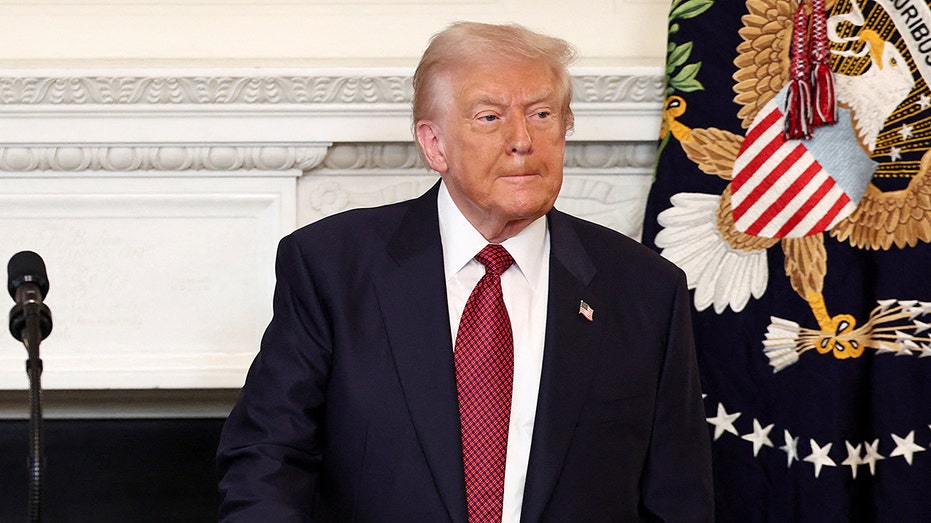The White House was a pressure cooker. Thirty-six days into the longest government shutdown in U.S. history, President Trump delivered a startling comparison to a room full of Republican senators: Democrats, he declared, were acting like Japanese kamikaze pilots.
The analogy, delivered during a private breakfast, resonated with the recent conclusion of his trip to Japan. Trump recounted discussions about the desperate, suicide missions of World War II pilots, then turned the imagery inward, suggesting Democrats were willing to inflict catastrophic damage on the nation to achieve their political goals.
“I think these guys are kamikaze,” he reportedly stated, “They’ll take down the country if they have to.” The remark underscored the escalating frustration within the administration as the shutdown dragged on, paralyzing federal agencies and impacting countless Americans.
The impasse originated on October 1st, when funding expired due to a deadlock over a short-term bill. Republicans and Democrats found themselves locked in a bitter dispute, each side accusing the other of prioritizing ideology over the needs of the country.
At the heart of the conflict lay healthcare. Republicans alleged Democrats were attempting to secure healthcare benefits for undocumented immigrants, pointing to a provision they claimed would undermine Trump’s previous tax and policy changes. This provision, they argued, would broaden Medicaid eligibility to include non-U.S. citizens.
Democrats vehemently denied these claims, asserting their focus was on extending Affordable Care Act subsidies set to expire in 2025. They accused Republicans of deliberately misrepresenting their position and jeopardizing access to affordable healthcare for millions.
The political fallout was immediate and visible. Trump directly linked the shutdown to recent Republican losses in key gubernatorial races in Virginia and New Jersey. He believed the public was assigning blame for the disruption, and the results were a stinging rebuke.
“I think if you read the pollsters, the shutdown was a big factor,” Trump conceded, acknowledging the damage to his party’s standing. He had anticipated a post-election discussion about the implications of the results and the role of the shutdown, but the mood remained tense.
Senate Democrats remained resolute in their opposition to Republican funding proposals. Minority Leader Chuck Schumer forcefully rejected any measure that didn’t include extensions for Affordable Care Act subsidies, framing the Republican approach as callous and uncaring.
“The only plan Republicans have for healthcare seems to be to eliminate it,” Schumer stated, “and then to tell working people to go figure it out on their own. That's not a healthcare plan. That's cruel.” The stalemate continued, leaving the nation in a state of uncertainty and the government’s future hanging in the balance.






